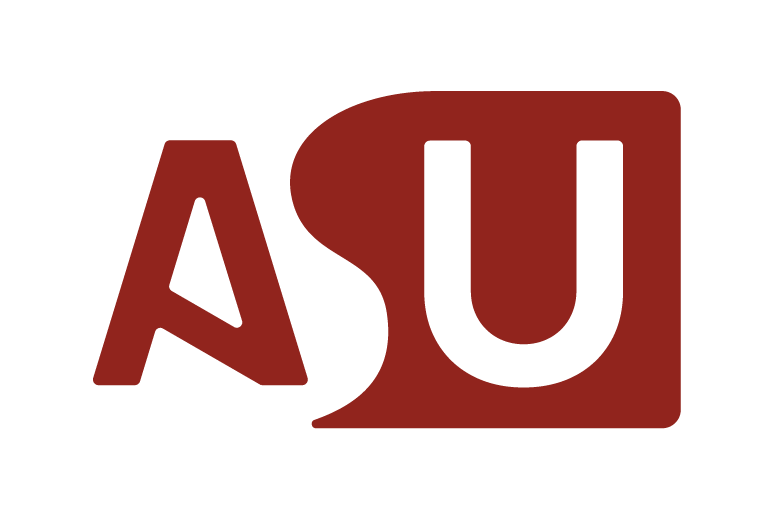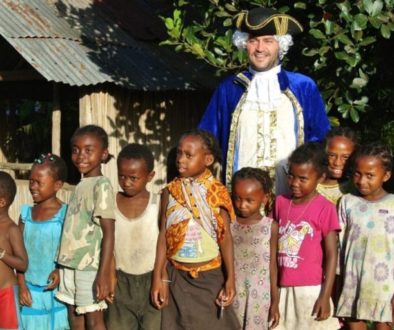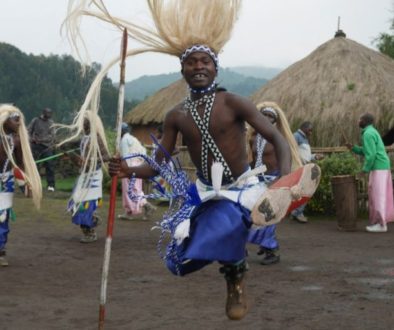Building a More Inclusive Education in Africa
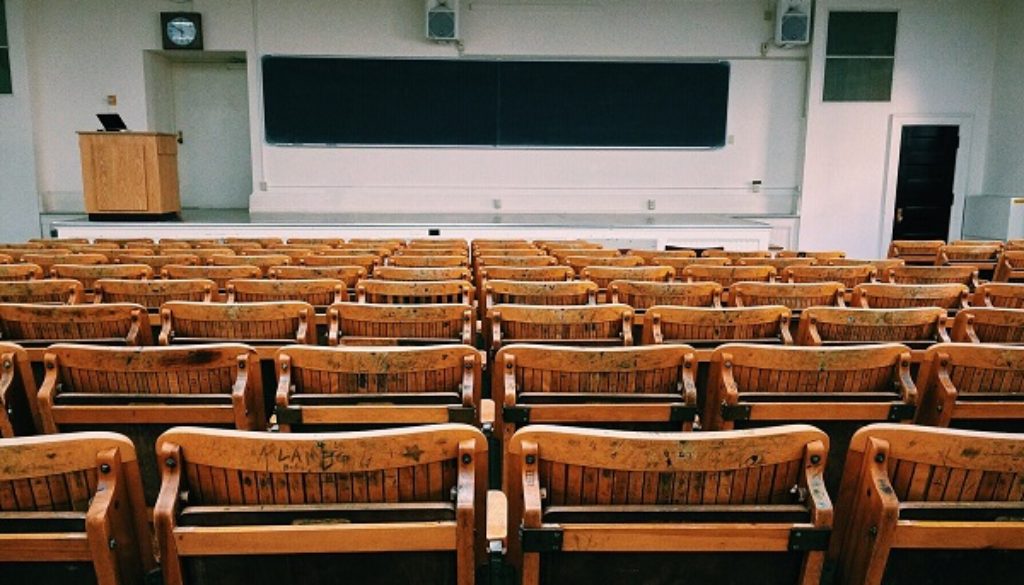
There are a few pillars that have played crucial roles when it comes to determining the quality of education in Africa. Some of the research that was made about its educational systems show results on why Africa lags behind when it comes to the literacy rates. The cost of education, quality of environment, educational content, legal framework are considered to be the main areas that need more focus for the continent’s further improvement. Quoting Nelson Mandela’s famous words: “Education is the most powerful weapon which you can use to change the world”; we can say that improving the quality of education in Africa can lead to a freer and more prosperous future.
Needless to say, Africa is a place where many battles are being fought all at the same time; yet, the enthusiasm in its people for education is worth mentioning. According to UNESCO and the Guinness World Records, Africa is the place where the oldest higher learning institution is located, the University of al-Qarawiyyin in Morocco. It was founded as a mosque by Fatima al-Fihri in 859 and soon became one of the most important Islamic educational centers. In 1963 it adopted the modern state university system of Morocco.
Modernization of the educational setting in Africa has helped increase the quality and quantity of schools. The researches indicate a significant rise in the literacy rates in the last few decades. Post-colonial countries, in particular, started to build more schools and send teachers to far corners of the continent after gaining their independence. However, a large number of children still remain out of school. Around 20% of the children in Africa are not enrolled in a primary school mostly due to financial circumstances. The numbers vary by region and sub-Saharan Africa has currently the highest rates of education exclusion. As the population grows, so does the demand for education thus, it needs immediate actions to be taken. Most of the organizations treat education as a priority providing detailed researches and statistics to help governments and partners better understand what needs to be addressed in order to tackle the current educational challenges. There are two main areas that need immediate solutions. One of them is the school conditions such as access to water and electricity along with providing sufficient learning materials for the students. The second one is more of a pillar concerning the quality of the education in Africa. It’s about the training, recruitment and working conditions of the teachers. Statistics shows that there’s still limited literacy and numeracy skills even among children who have had the chance to be enrolled in primary schools for several years. The organizations that work toward improving the quality of education are providing multi-faceted programs such as teacher training, semi-scripted lessons, learning materials and mother tongue instructions.
The exclusion rates rise to even more concerning levels when it comes to secondary and tertiary education. According to the report provided by UNESCO based on the statistics made by UNESCO Institute for Statistics only 4 out of 100 children in Africa enter a graduate and postgraduate institution. This number is around 36 in Latin America and 14 in South and West Asia. This ultimately leads to insufficient number of skilled workers within the continent. The main reason behind the jump in primary school enrolments was subsidized education. The financial circumstances remain as the number one factor when it comes to students who want to continue their studies. Limited household incomes and lack of government investment play crucial roles in students’ future plans.
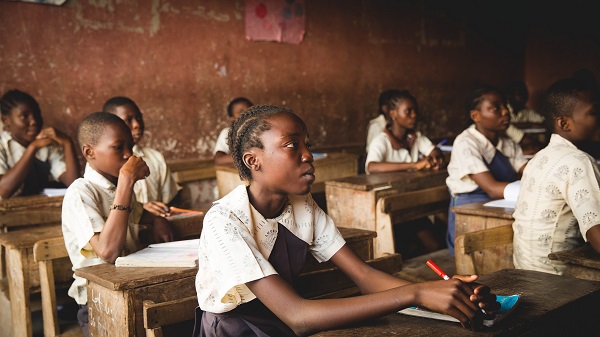
Other than the well-known organizations which provide scholarships or navigate the governments and partner organizations toward bridging this gap, there are self-made professionals and philanthropists who work toward the same goal. In our next ASU Talk, we are going to welcome one of them, Mohamed Bouya Maalainine, one of the Hackathon organizers and the founder of Isachamp. He will tell us more about his journey on reducing global inequality by increasing access to quality education. I read more about Isochamp online. He has built a very interesting system for crowdfunding scholarships. Tune in to our ASU Talk on 30th of May at 6 PM to find out more about how the whole system works.
References: “Education in Africa: What Are We Learning?” –David K Evans, Amine Mendez Acosta; “Africa Grapples With Huge Disparities in Education” – Zipporah Musau; “SDG 4 Data Digest: How to Produce and Use the Global and Thematic Education Indicators” – UNESCO Institute for Statistics
Article written by: Özlem Sali
